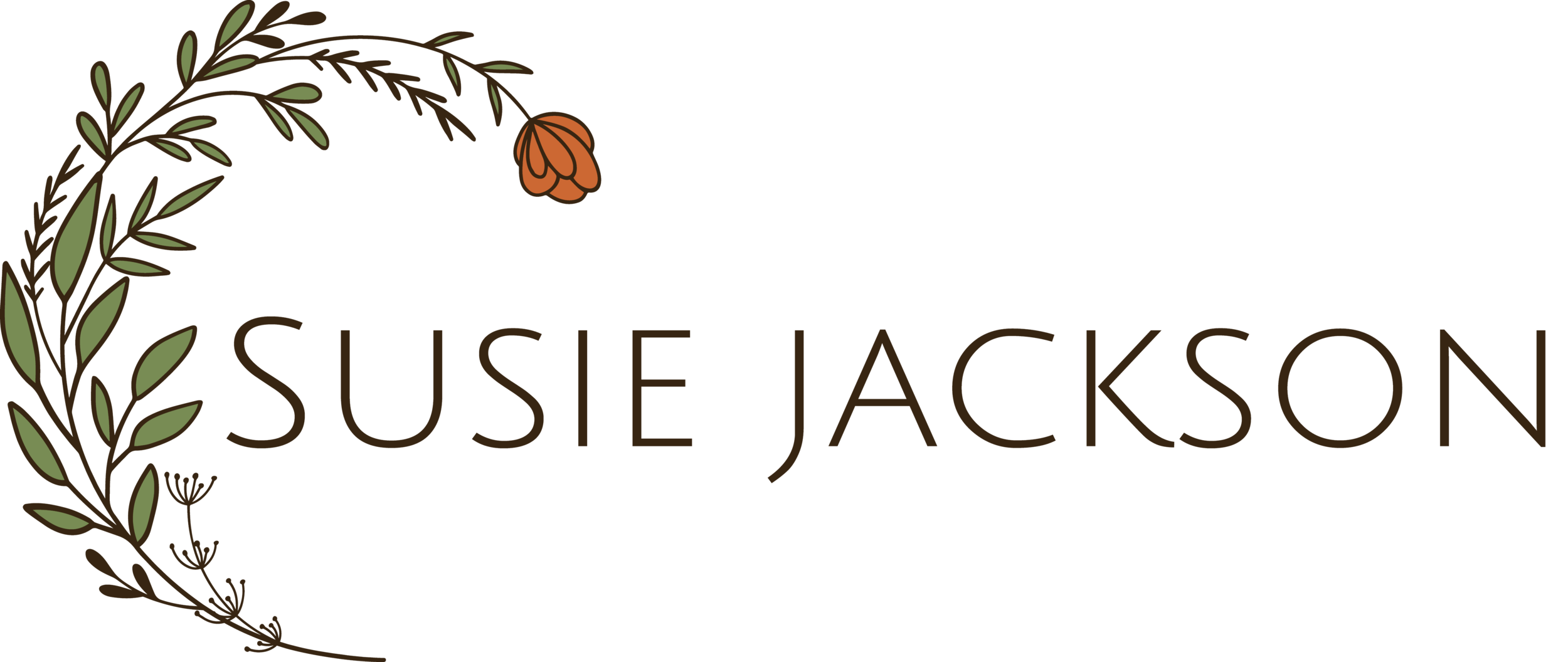How to Even Out Your Small Business Cash Flow and Deal With Feast and Famine as a Freelancer
One of the biggest struggles we have to deal with as freelancers and small business owners is the unpredictability of our income. This can be challenging not just from a financial point of view but also in terms of our mental health. Not knowing precisely what our income is going to be from one month to the next can leave us feeling anxious and constantly worried.
As freelancers, our business expenses tend to remain fairly consistent. We usually know what they’re going to be and when we’re going to have to pay them. However, our workload (and therefore our income) fluctuates. There will be some months when we’ll have lots of work and others that will be much quieter. Sometimes we make a conscious decision to earn less, for example, if we take time off and decide not to work. But sometimes, making less money is beyond our control, such as when our clients go on holiday or we lose a customer for whatever reason.
The uncertainty and the fluctuating cash flow can be very difficult to manage, especially if you’re dependent on your freelance income to cover your everyday costs. So, in this blog post, I’m sharing 5 ways to help you even out your small business cash flow so you don’t have to suffer during those periods with less client work.
Freelance finance tips for small business cash flow management
1) Consider your payment terms
If you’ve fallen into a cycle of feast and famine, and you’re feeling the pinch, you could ask for a deposit upfront for future projects. I usually ask all my new translation/editing clients for 50% upfront on the first project, but you could also ask for it as a one-off if needed.
Alternatively, you could introduce payment or a deposit upfront as a new policy within your business. By making sure you’re getting paid to some extent before you even start working on a project, you’re mitigating the risks of feast and famine, especially with clients who don’t pay you on time. The money is already in your bank account for future use when you need it.
You could also consider offering your customers a payment plan so they end up paying you across multiple instalments. Not only might this help them afford your service more easily, you’ll know when and how much money is going to arrive in your account, meaning that you can better predict future months’ income to a certain extent.
2) Invoice promptly
As freelancers and small business owners, our focus is always on giving our customers the best possible service and the highest standard of work. However, it never fails to surprise me how long freelancers are prepared to wait before invoicing for their services.
I’ve even managed projects in the past where freelancers have never invoiced me, despite me chasing them up. If you aren't on top of your admin, some clients will take advantage, and you might never get paid for the work you do.
Always invoice promptly and make sure you receive the income you’ve been promised.
Keeping detailed records of the projects you’ve worked on can help you avoid forgetting about a job or skipping an invoice. As part of my Custom Spreadsheet Creation package, I often help freelancers and small business owners develop a system that allows them to keep on top of their projects. When I’m supporting them with project management, my spreadsheets usually include a ‘Status’ column with cells that flash up in different colours depending on whether the project is a work in progress or has been invoiced, for example.
If you always seem to find yourself putting off your invoicing because you don’t enjoy it, you could try creating your invoices as you finish your projects. When I deliver a translation or a copy-edited file, I usually attach my invoice to the same email. Alternatively, you could set aside time each month to do all your invoicing in one go. Some of the participants at my Focus on Your Finances Coworking Sessions use the time specifically for this purpose.
3) Deal with late payments
Once you’ve sent your invoice, make sure you tackle any late payments head-on. It can be tempting to ignore them or delay dealing with them in the hope that the client will pay in the meantime. But unfortunately, this doesn’t usually happen.
The first thing to remember is that prevention is better than cure. So include clear payment terms with your quotes to make sure your clients know what's expected.
You also need good systems in place to be aware of which projects have been paid for and which payments are overdue. Again, the ‘Status’ column in some of my custom spreadsheets will flag any late payments that need to be dealt with.
One thing you can do to help you tackle overdue payments is to create a template email that you can fire off to clients who have invoices that are nearly due or overdue so you don't have to come up with something in the moment. This removes the age-old excuse of ‘I don’t have time to write that email now’!
Using an invoicing tool can help you chase late payments by setting up automated payment reminders. This way, you can avoid sending those awkward emails manually…
4) Budget for business expenses
Now that you’re making sure your income is hitting your business bank account, you can look at how to better manage the cash you have.
Creating a budget for your business expenses can help you see which payments you’ve got coming up and when. Being aware of these expenses in advance allows you to prepare for them so you have enough money in your account when they do come around.
Having a budget also gives you a full overview of your expenses for the year as a whole. This lets you spread your bigger costs throughout the year, rather than having them all bunched together. Or you can move them to periods when your income is usually better. This will help you make sure you have the cash to cover your expenses over the next 12 months.
5) Pay yourself a consistent salary
As with your personal expenses, in your business, it can feel tempting to spend everything you have. You might have had a particularly good month and decide to treat yourself to something special. However, this sets you up for future difficulties when it comes to managing your cash flow.
The best way to even out your cash flow so you can handle periods with less client work is to pay yourself a consistent salary each month. Set your salary at an amount that feels manageable on average, based on how much you earned after taxes and business expenses over the last 12 months. This will help you leave money in your account in the good months in order to cover the not-so-good months.
Not only will you see the benefits in your business cash flow, but paying yourself a consistent monthly salary will also enable you to better manage your personal finances. Your personal cash flow will be predictable and consistent, so you’ll always know how much you have available each month.
If you do all these things and keep good records while having strong systems in place, you should be able to look at the month ahead and predict your cash flow. You’ll be able to see what money you'll have coming in as a minimum (based on invoices that are due for payment) and what expenses you’re going to have to cover (according to your budget), as well as how much you need to pay your salary.
If you find that your income is lower than your expenses plus salary (plus tax), you know you’re either going to need to cut some expenses or do a real marketing push to gain more work that will pay straight away.
With inflation and the rising cost of living, I know cash flow is currently a worry for many of you. If you’re concerned about making ends meet at the end of each month, I can give you some personalised advice through one of my Custom 1:1 Mentoring sessions. During a 45-minute call, we’ll discuss your unique circumstances before putting a plan in place to help you move forwards.
To learn more about managing your cash flow so you don’t have to struggle with cycles of feast and famine, book a 1:1 mentoring call by clicking on the button below.
Hi, I’m Susie
I mentor freelancers on pricing and business finances so you can earn a decent living doing what you love.
I’m a translator, editor, chocoholic, crochet addict, animal lover, and budding gardener (get it?) who loves empowering others to achieve their goals.













